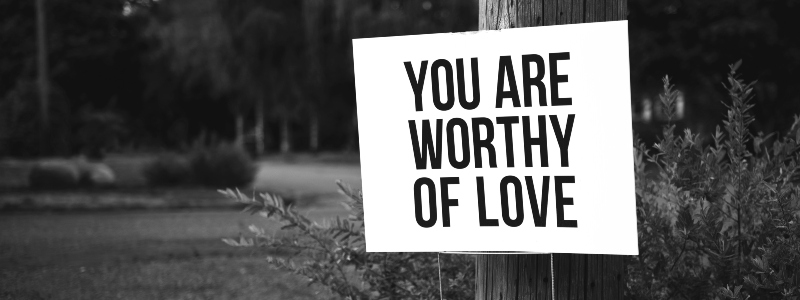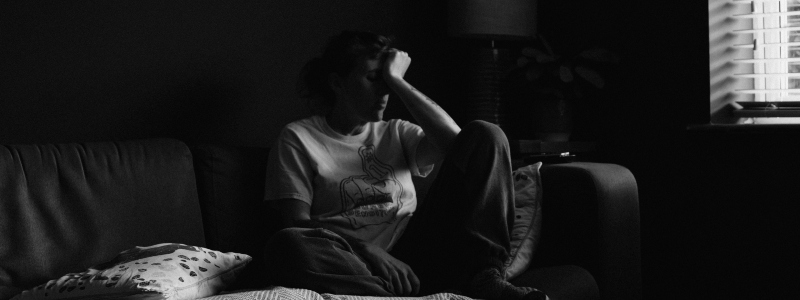Life is disappointing. That sounds terribly negative, however, being able to tolerate and work with this reality can make the difference between success and failure. Relationships are also disappointing, but, like life, they are many other things too. Let’s delve into it.
Being able to tolerate and work with disappointment is one of the hallmarks of psychological maturity. It is a developmental step that most of us succeed in achieving to varying degrees, but this is not true of us all.
The process of learning to tolerate disappointment starts with the painful but necessary experience of feeling disappointed in our caregiver who, for the purpose of this piece, I shall refer to as the mother. Young infants are entirely dependent on their mothers for everything that ensures their survival. This includes the emotional as well as the physical.
Infants soon learn that their mothers sometimes seem to be fully available – magically so even – and other times can take time to meet the infant’s needs, or in some cases fail to do so entirely, such as in the case of soothing an aching tummy for example.
This ambivalence is intolerable to the infant, and psychologically the infant creates two mothers in her head; one who is good and one who is bad. The good mother, who takes on a fairy godmother-like status, is perfect, whilst the bad mother is akin to the evil witch in the woods. This is the basis of children’s fairy tales by the way. Us psychologists refer to this defence as ‘splitting’.
Splitting the world into ‘good’ and ‘bad’ is a primitive way of remaining in control and either idealising or dismissing parts of it, including people. The problem is that the real world is neither purely ‘good’ nor ‘bad’ and neither are the vast majority of people. Splitting in this way seems to be on the rise, and evidence for this can be seen in how politics is conducted across the Western world, with parties adopting more extreme positions in relation to each other and cross-party collaboration now virtually non-existent.
Returning to our infant, over time with enough positive and attuned parenting, she learns that she does not have two mothers but simply one. Whilst this is disappointing, it is tolerable, because, on balance, her mother is ‘good enough’.
Anna Freud, Sigmund Freud’s daughter and esteemed child psychoanalyst, once said ‘in our dreams we can have our eggs cooked exactly how we want them, but we can’t eat them’. I find this a powerful quote that relates to the concept of disappointment in that what Anna is really hinting at is that we can have all sorts of fantasies about our wants and desires, in this case how we may wish to cook our eggs, but that a fantasy does not lead to substance.
If we move on from having a fantasy or dream about cooking eggs, we need to go and cook them and invariably they will turn out differently to how we imagined. They may taste and look better in some ways but it is equally likely that they will disappoint in others. And when it comes to appetite and desire, disappointment is always built in, as once we have something, we no longer desire it and therefore are contending with a degree of loss in this context.
Some people go through their lives living either in the fantasy world of their heads, or increasingly in the modern world, in a simulated online world where they can simply ‘start again’ if their eggs go wrong. This is how social media functions: even if it takes twenty goes to make those eggs which are then photographed using a filter and ‘air-brushed’, we are sold this fantasy as a reality to which we then aspire, and which can cause us to feel more disappointed in our own lives.
The argument I am making therefore is that being able to tolerate disappointment in life, ourselves and others, is part of being a mature human being who is able to navigate the world and build something – relationships and a life of substance. It will not be perfect, but it will be real.
Mark Vahrmeyer, UKCP Registered, BHP Co-founder is an integrative psychotherapist with a wide range of clinical experience from both the public and private sectors. He currently sees both individuals and couples, primarily for ongoing psychotherapy. Mark is available at the Lewes and Brighton & Hove Practices.
Further reading by Mark Vahrmeyer –
Don’t tear down psychological fences until you understand their purpose
How do I become more assertive?
I worked as a psychotherapist with death. Here’s what I learnt









